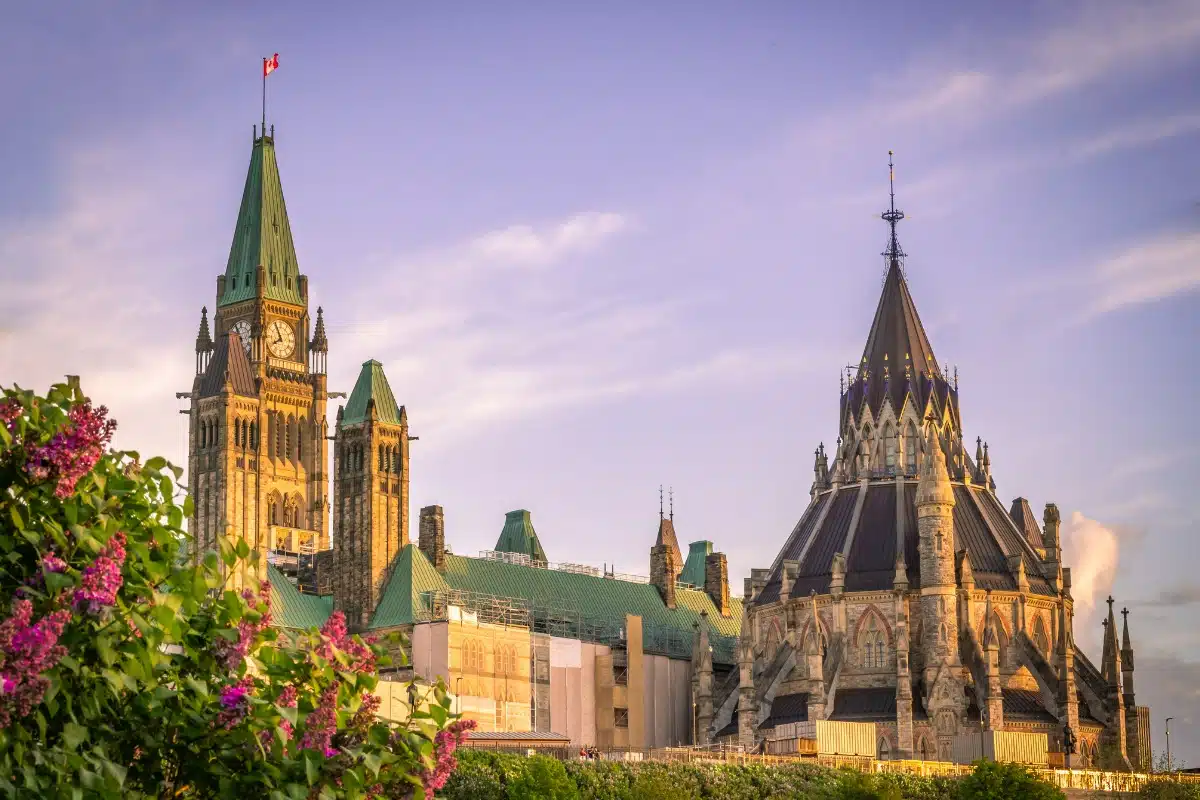Ontario and British Columbia have introduced new measures to improve the integrity of post-secondary education on a provincial level.
The Ontario government says it will be working with sector partners and the federal government to “explore ways to further crack down on bad-actor recruiters who take advantage of international students and make dubious claims of employment and citizenship.”
Many of the new measures aim to ensure that international students at provincial post-secondary institutions are being offered academic programs that meet the needs of Ontario’s labour market. The province says it will review programs with high numbers of international students to ensure their quality, so students can meet local workforce demands.
Additionally, the Ontario news release said the province would implement measures to improve the response rate to student outcome surveys that will help ensure the best academic outcomes are being achieved.
British Columbia’s (B.C.) government is also introducing measures to improve the quality of post-secondary education for international students in the province. Of note, it says it will pause approvals for new Designated Learning Institutions (DLIs) for the next two years (until February 2026) for new institutions. B.C. currently has the third-highest number of DLIs in Canada (276) following Quebec (443) and Ontario (529).
DLIs are the only post-secondary institutions that can admit international students. Since education is a provincial responsibility, the criteria to become a DLI are different in each province.
Private programs and institutions to be reviewed
Ontario is introducing a moratorium on new public college-private partnerships and working to strengthen oversight mechanisms to ensure the quality of existing partnerships.
Public college-private college partnerships have been under scrutiny in recent weeks as Immigration, Refugees and Citizenship Canada (IRCC) has announced that students enrolled in programs with curriculum licensing arrangements at private colleges with a public college partnership are no longer eligible for a Post-Graduation Work Permit (PGWP) after graduation.
IRCC says this is because these programs have seen significant growth in attracting international students in recent years, though they have less oversight than public colleges and can act as a loophole regarding PGWP eligibility.
B.C. notes that it will be conducting reviews of private degree programs. It will also enforce higher standards for assessment criteria for degree quality, demonstrated labour-market need for graduates, appropriate resources, and student supports.
Students enrolled in private training institutions in B.C. will also need to meet minimum language requirements. The province says this will ensure new international students are better prepared for their educational and professional journey in B.C.
Housing for international students
Ontario will now require that all colleges and universities guarantee that housing options are available for incoming international students.
This is in line with a recent announcement by Canada’s federal government that it will be providing low-cost loans for student housing, both on and off campus. The loans are part of a restructuring of a $40 billion apartment construction loan program that was introduced in the Fall Economic Statement for 2023.
Sean Fraser, Canada’s Minister of Housing, Infrastructure and Communities, said in a video posted to his Twitter account that building more student housing would help drive down the cost of housing for everyone in cities and towns with a large student population throughout the school year.
Ensuring there is sufficient housing for international students has been a major point of concern for IRCC over the past few years. Immigration Minister Marc Miller said the recently introduced cap on the number of international student visas will help create a stronger, more sustainable program and help ensure that international students have all the support they need, including housing, when they arrive in Canada.

